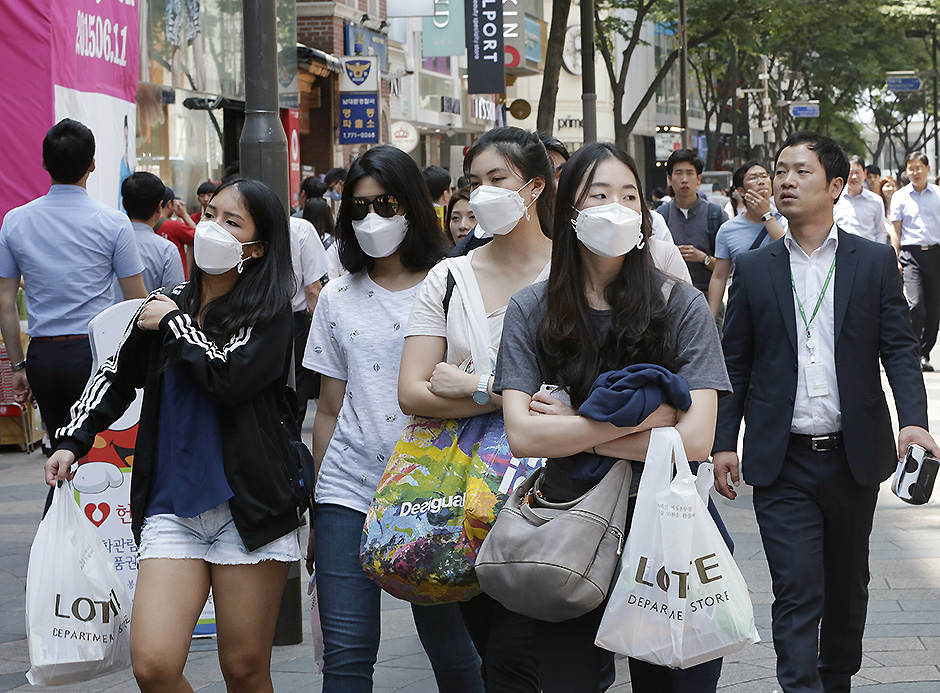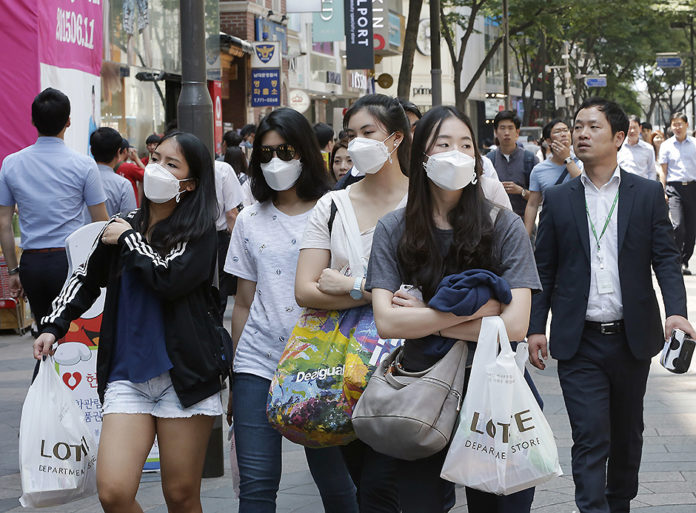ARE you scheduled to go to Singapore anytime soon? Then you may need to get all the required jabs.
According to the country’s health authorities, the country may start turning back foreign travellers who aren’t vaccinated.
The island city-state is a popular tourist destination, receiving 17.4 million visitors in 2017. However, this makes the tightly-controlled country prone to infectious diseases.
SEE ALSO: Business travel ‘not worth it’ due to toll on health, says study
In 2003, its nation of 5.6 million people was hit hard by the Severe Acute Respiratory Syndrome (SARS) outbreak, a disease that began in the Guangdong province of China, which borders on Hong Kong.
Singapore’s outbreak began in February 2003 when a young Singaporean woman returned from Hong Kong, where she had been infected. Because of Singapore’s small size and openness, it didn’t take long for the disease to go out of hand.
She set off a series of transmissions that spread the SARS virus to 238 people, of which 33 died, including her parents.
After the implementation of various stringent measures, including home quarantine, blanket screening of incoming travelers and school closures, the outbreak in Singapore was finally contained in May 2003.

Chinese tourists wear masks as a precaution against the MERS (Middle East Respiratory Syndrome) virus as they walk on the Myeongdong, one of the main shopping districts, in Seoul, South Korea, Thursday, June 4, 2015. Source: AP Photo/Ahn Young-joon
The health crisis inflicted major losses on the economy and dramatically decreased the number of international visitors. Besides Singapore, more than 20 other countries also reported SARS cases during this global epidemic.
The Middle East Respiratory Syndrome (MERS), Avian Influenza (bird flu), and Ebola are serious public health threats globally.
Singapore’s move would safeguard the city-state from having to witness another SARS-like episode.
“As a major global trade and travel hub, it is imperative that we remain vigilant to public health threats, and safeguard the health of Singaporeans by protecting the community against new and emerging infectious diseases, both locally and overseas,” Singapore’s Ministry of Health said in a statement.
SEE ALSO: India: 240,000 girls die annually due to gender discrimination
Unvaccinated travelers could be subjected to vaccination, isolation or surveillance. Those who refuse to comply could be turned away and returned to their place of embarkation.
By Singapore laws, anyone entering Singapore must be vaccinated against Yellow Fever if their point of origin is an at-risk country. This is in line with international regulations.
That having said, the ministry could require vaccinations against more disease in the future, as and when needed depending on the health situation at the time.
This article originally appeared on our sister site Travel Wire Asia.





